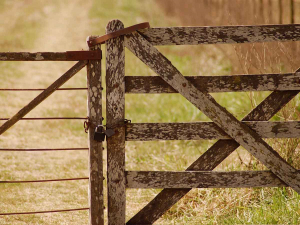OPINION: Local Government rates have always been a bone of contention for farmers.
For farmers, it all boils down to cost fairness; they claim the existing system of property value rates is loaded against agriculture.
As Federated Farmers points out, farmers pay many more times than other residents for council services and infrastructure, even though some of those services aren’t even available to rural residents.
Federated Farmers Rates Report, an annual wrap of the lobby’s work advocating for farmers on council rates and local government policy turned up overall rate increases mostly below 10%, which compared to recent years is in a rather modest range.
Perhaps it being a local election year contributed to some newly found prudence.
However, there were exceptions: Environment Canterbury, which proposed a 24.1% increase for the 2022/23 year managed – under some pressure from ratepayers – to trim that to 16.2%. ECAN has been substantially increasing operating expenditure in recent years, and this is showing up on the bottom line for ratepayers. Westland District Council proposed a 12.5% increase but pruned this back to 6.9%.
Further north a push back on Taupo District Council’s proposed 8.35% increase, with a little bit ultimately taken off and the final number 7.07%. Wairoa was also near the 10% mark, with an average rate increase across the district of 9.1% for 2022.
Now, there’s another review underway of into the future of local government.
The Government says it is focused on prioritising ways to keep a lid on rate rises.
It supports efforts of local governments to engage with local communities in order to get the buy-in needed for any changes.
An independent panel doing the review will now embark on a round of consultation, with the wider local government sector to seek submissions, before producing its final report by June 2023.
For farmers it is a bald and unpalatable fact that in the decade to 2022, local authority rates and fees have gone up an average 56%, against a consumer price index rise of 20%.
For them, and many other businesses and households too, the rates bill is a major, and climbing, cost.
They want robust debate during annual plan and budget rounds about targeted rates and uniform charges.
Farmers believe there are often a much fairer way than general rates of apportioning costs according to benefit derived.
They find the current local government rating system unfair.


















